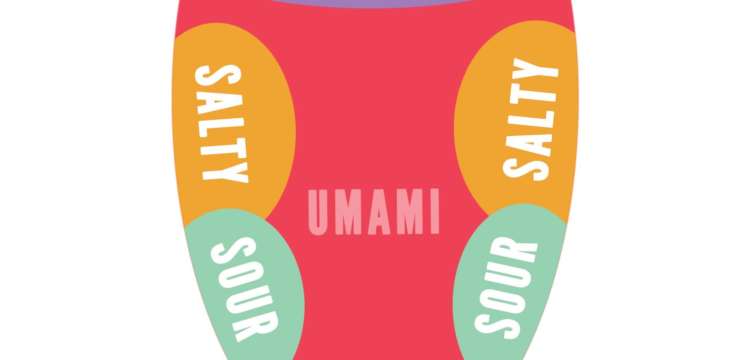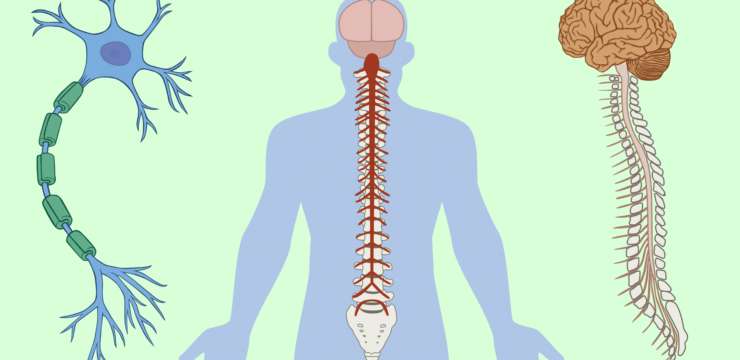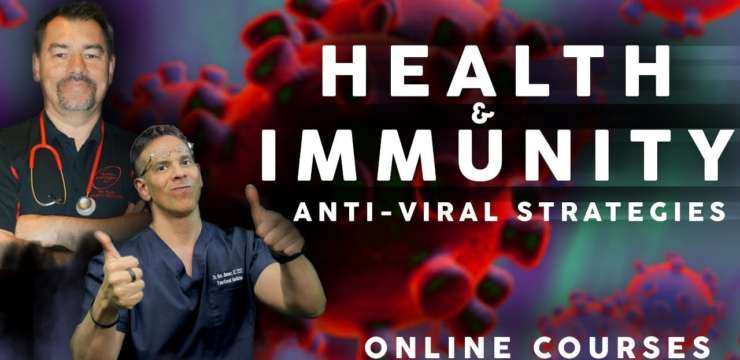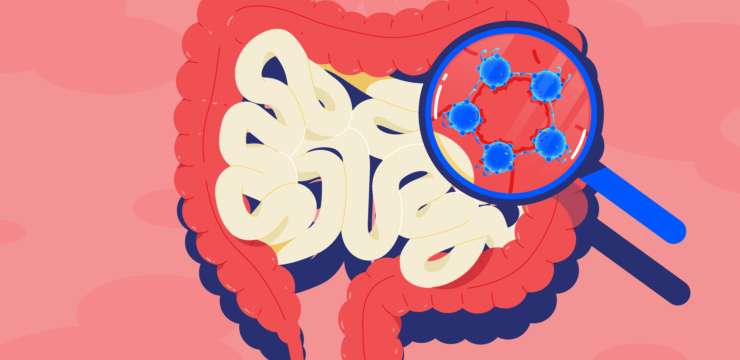Taste perception impacts the food choices we make, our nutrition, and our overall health. Genetically speaking, the taste response we have represents a phenotype. The five taste qualities we have include sweet, bitter, salty, umami, and sour. Genetics shows that humans who are more susceptible to the liking of sugar and fat are influenced by a specific genotype. Similar to this, individuals who have the ability to detect bitterness and rotting food have another genotype. Understanding the genotype people possess is highly important and can be used to create tailored programs for individuals.

















